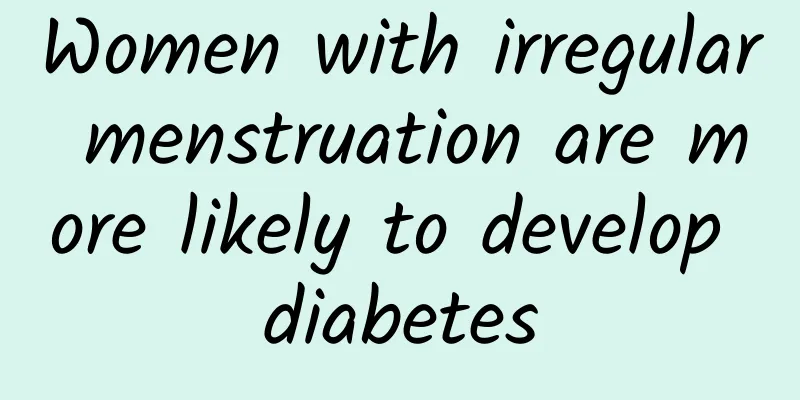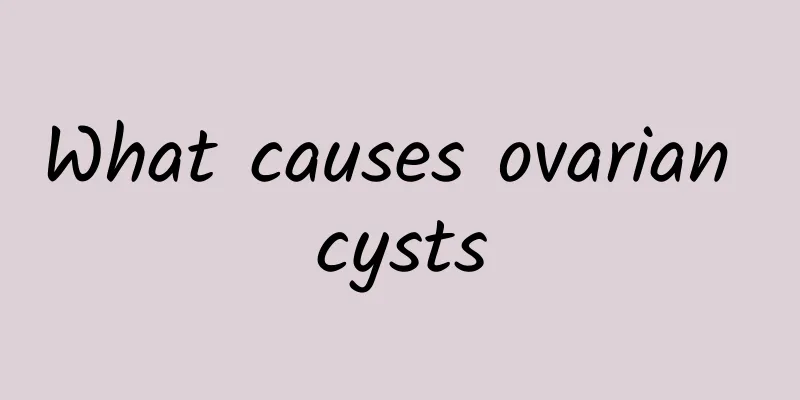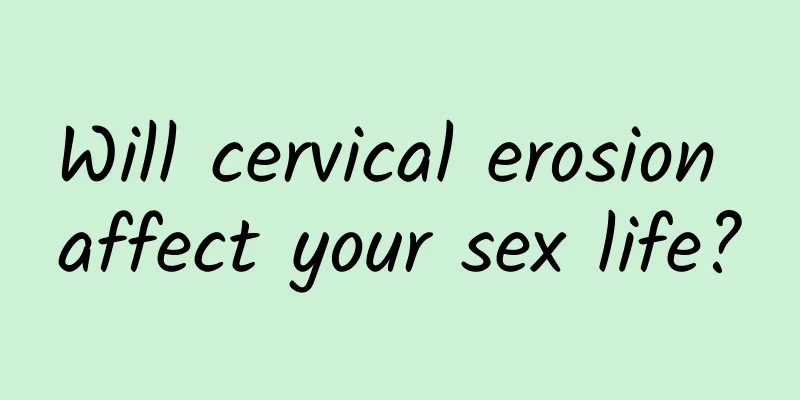Women with irregular menstruation are more likely to develop diabetes

|
Adult women who have long but very irregular menstrual periods are twice as likely to develop diabetes as those with regular periods, researchers at Brigham and Women's Hospital in Boston reported in a study released Tuesday. Researchers at the hospital came to their conclusion after studying information from 100,000 women over eight years. Although researchers do not fully understand the relationship between menstruation and diabetes, they believe that women whose menstruation is particularly irregular or lasts longer than 40 days may not be able to metabolize glucose in the blood properly during menstruation due to insulin. The study published in the Journal of the American Medical Association shows that irregular menstruation is closely related to glucose intolerance. Women who have irregular periods should speak to their doctors to decide whether to have their blood sugar and cholesterol checked, says a researcher at Brigham and Women's Hospital. Irregular menstruation is a classic symptom of polycystic ovary disease. Generally, this symptom occurs in women who have too much of the male hormone testosterone in their bodies. These women will have many cysts on their ovaries, acne, and increased body hair. The American Diabetes Association now recommends that women with polycystic ovary disease get a physical exam because these patients suffer from a reduced ability of the pancreatic hormone insulin to metabolize glucose. Researchers at Brigham and Women's Hospital also found that women with irregular menstruation and obesity are more likely to develop diabetes. The researchers recommend that women with polycystic ovary disease or irregular menstruation pay attention to their diet and exercise more to control the development of the disease. |
<<: There are many surgical methods for uterine fibroids, such as hysteroscopy and laparoscopy.
>>: What are the dangers of irregular menstruation?
Recommend
What are the treatments for moderate cervical erosion?
As a type of cervical erosion, I believe everyone...
Build a physique that won’t easily gain weight! 10-Day Intensive Weight Loss Method
If you want to focus on losing weight, you may sp...
To prevent cervical erosion, you must choose the right method
Cervical erosion is a very common gynecological d...
There are three possible situations of cervical erosion in women. You should pay attention to these when treating cervical erosion.
Many women get worried when they hear the word &q...
Can I get pregnant if I have cervical warts?
Cervical warts are contagious and can cause serio...
How to regulate irregular menstruation for women? Is irregular menstruation harmful to women?
The consequences of menstruation being "late...
scanty menstruation, general weakness
scanty menstruation, general weakness Causes such...
Cervical erosion is usually caused by improper surgical operation.
Cervical erosion is usually caused by improper su...
What is the description of adenomyosis on B-ultrasound?
bWhat is the super description of adenomyosis? Ty...
Take drastic measures! Taipei City Health Bureau asks US beef producers to clear themselves
Imported American beef has been found to contain ...
How difficult is it to lose weight and prevent cancer? You can do it if you chew slowly!
What's the most important thing you can do in...
It is normal to delay your period for a few days
How many days is it normal to delay menstruation?...
First case! New Taipei City found ractopamine in hamburger meat
The New Taipei City Health Bureau conducted a ran...
Paying attention to hygiene during the postpartum period is one of the things to pay attention to when having cervical hypertrophy
If women do not take care of cervical hypertrophy...
What kind of testing is needed for cervical erosion?
What kind of testing is needed for cervical erosi...









